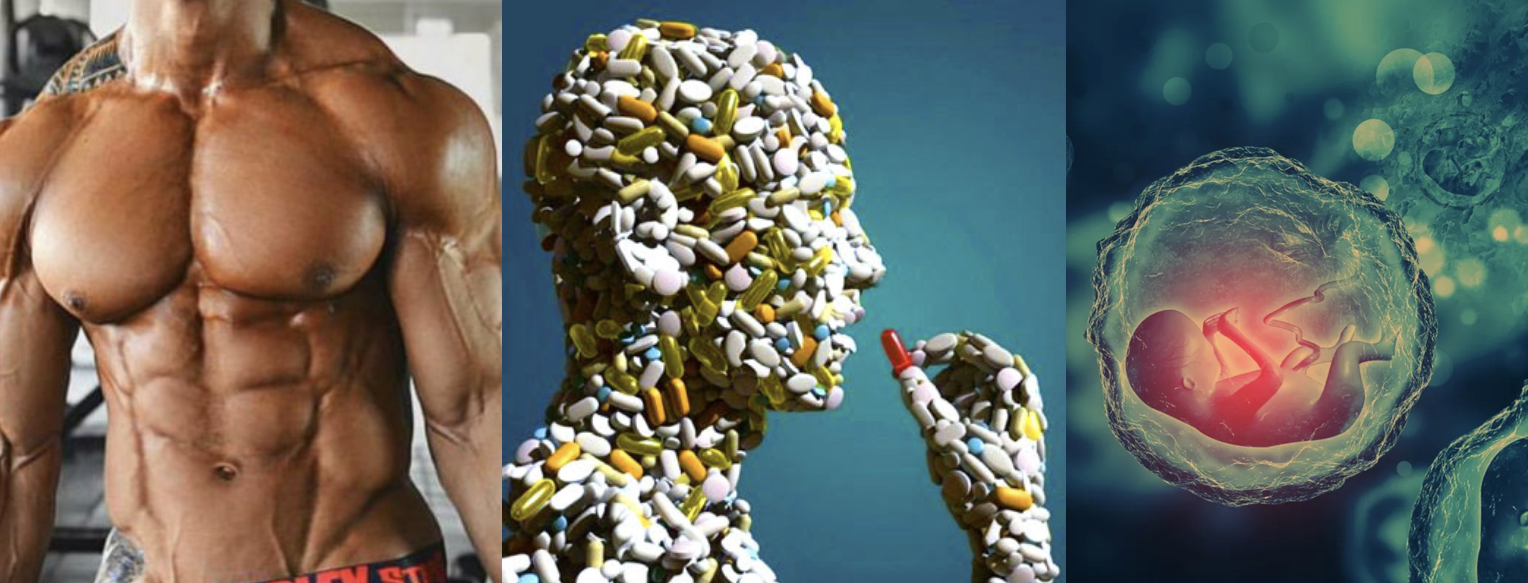The Ethics of Human Enhancement
Marion Jones excitedly lifted up her hands in triumph as she won the Olympics in the gold medal category many times. These identical hands were later handcuffed, and she was taken to prison for six months. Superstars lose their respect and victory due to their elevated use of steroids. These hormones help them run faster and grow faster to win races and medals. These athletes try to raise their natural aptitudes with performance enhancing drugs. They are employing synthetic ways to gain a competitive benefit. Ordinary citizens perk up and boost their day by taking morning coffee to get their caffeinated daily boost. College scholars are using prescription tablets to heighten their attention period and short memory to assist them in examination periods. Other people are enhancing their skin tone through plastic surgery. Designer babies” is currently the trendy expression used to illustrate infants whose guardians choose for definite traits prior to their birth. Presently, people have the capability and knowledge to increase the abnormality of choosing the sex of a baby by a technique termed as sperm sorting. The detection of stem cells that have the aptitude of setting apart into manifold cell kinds has triggered trust. This is believed that one day medication could fix damaged or restore them with fresh cells. The revitalizing likelihood of stem cells, which was established initially for curative uses, might sometime be the solution to mounting life-extension expertise (Mark and Cristina, 55). Are any of the above instances, right?

A right is a defensible assert on others. For instance, if one has a right to liberty, then the person has a defensible declaration to be left alone by opposing persons (Velasquez et al., 1). Turned around, this can be articulated to mean that other persons have an obligation or duty to let the person be. The significant understanding of ethical rights is centered on the efforts of Immanuel Kant, who was a theorist. Kant upheld that every person has a value or a self-esteem that ought to be valued. This self-esteem makes it immoral for other persons to mistreat or exploit their subordinates against their will. Kant articulated this thought in a moral code: the human race must constantly be upheld like an end, not purely like a means. To uphold an individual as a straightforward means is to exploit a person to progress one’s individual interest. However, to exploit a person to being an end is to value that individual’s dignity by providing each person the autonomy to decide anything willingly (Harris, 67).

Unconstructive rights are “unhelpful” in the intellect that they assert for each human being a region of noninterference from other persons. Constructive rights are “helpful” in the intellect that they assert for every human being the helpful aid of others in satisfying fundamental constituents of people’s well-being such as health as well as education. Every time people are dealt with an ethical predicament, they need to judge whether the deed would esteem the fundamental rights of every person involved. Rights, therefore, play an essential position in ethics. Concentration to rights guarantees that the autonomy and happiness of each person will be defended when others intimidate that autonomy or well-being. However, rights must not be the sole deliberation in moral judgment-making. In several instances, the societal costs or the inequality that would effect from esteeming a right are excessively immense and, therefore, that right might require to be partial.
Works Cited
Harris, John. Enhancing Evolution: The Ethical Case for Making Better People. Princeton, NJ u.a.: Princeton Univ. Press, 2007. Print.
Mark S. Frankel and Cristina J. Kapustij. Enhancing Humans, in From Birth to Death and Bench to Clinic: The Hastings Center Bioethics Briefing Book for Journalists, Policymakers, and Campaigns, ed. Mary Crowley. Garrison, NY: The Hastings Center.
Velasquez, Manuel. Andre, Claire. Shanks, Thomas. and Michael J. Meyer. Ethics. Santa Clara
University.3 July 2012. < https://www.scu.edu/ethics/practicing/decision/rights.html>




